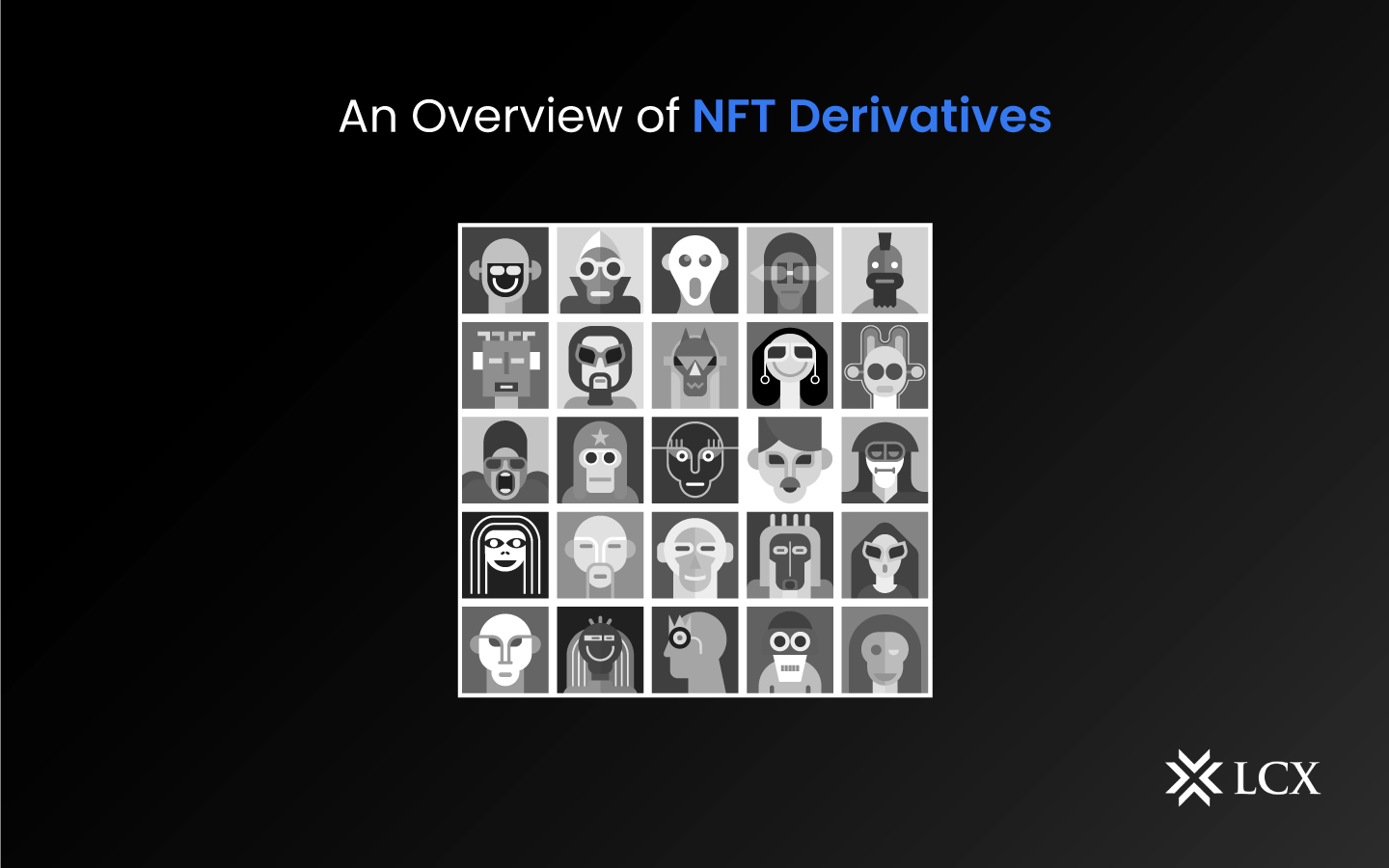FinTech’s shift to profitability is getting mixed views

In a race to break even, British FinTech giant Revolut is the latest startup to claim profitability, a milestone few neobanks have achieved despite disrupting the global traditional banking system.
And although Revolut’s first full year of profit is now being called into question, it points to growing pressure on startups to pivot from the growth-before-profit mindset that many have followed since launch.
In fact, data from German consultancy Simon Kucher and Partners estimated that less than 5% of neobanks globally had reached break-even by May 2022, a target the companies must reach after a year of tightening technology investment and renewed investor focus on unit economics amid the the current economic downturn.
Monzo, for example, is one of the UK neo-banks aiming to achieve annual profitability by the end of this year, after annual revenues rose 250% to £440 million (about $542 million) in the year to December 2022 .
Another virtual bank, Zopa, announced it had hit the profitability milestone in April last year, within just 21 months of obtaining its UK banking licence.
“Today’s news makes Zopa one of the fastest digital banks to achieve profitability ever and reinforces our thesis on the importance of sustainable growth as a catalyst for accelerated product and market expansion,” CEO Jaidev Janardana said at the time.
Before that, Goldman-backed digital bank Starling, which has about a 9% share of the UK SME banking market and expects to quadruple pre-tax profits this year, had already joined the exclusive club.
It’s a milestone that CEO Anne Boden says they were able to reach without having to chase inflated valuations like other FinTech firms. “We are profitable, very well capitalized and have no need to raise money,” she noted in a January letter, adding that “It is no coincidence that we have never sought a stupid valuation, even when the prospect of a was hanging before us. .”
What VCs say
In a recent interview with PYMNTS, Thomas Cuvelier, partner at Paris-based venture capital firm Alven, said declining investor confidence has led to a strategic pivot away from growth in favor of profit, as investors are no longer only swayed by a company’s growth potential.
“There is a big focus on profitable growth, which was not the case in 2021. Now we are watching [a company’s] unit economics much more carefully than before,” he said.
Cuvelier also singled out the hard-hit grocery sector – an industry he said “grew too fast” in recent years, further underscoring the investor’s preference for prioritizing profitability over growth.
“From a unit economics basis, many of these [grocery sector] the companies were not very profitable,” he said, adding that the companies will have to “consolidate and grow towards profitability [a lot more] quick now.”
But for Rob Moffat, partner at UK VC firm Balderton Capital, focusing on profitability alone is not enough to grow “big technology and software companies”.
In fact, he said, while some businesses can quickly achieve profitability after launch, others, including loss-making businesses, can reach that milestone over time and should not be overlooked if key metrics such as gross margins and customer retention show strong results.
When these boxes are checked and “we are very confident that you have all the parts that can [help you] grow to profitability,” Moffat told PYMNTS that Balderton Capital, an early investor in FinTech unicorn Revolut, would consider investing in such firms.
However, Lucile Cornet has a different view on the importance of achieving the holy grail of profitable growth.
In a recent conversation with PYMNTS, Cornet, who is a partner at global VC investment firm Eight Roads Ventures, said that reaching this milestone is not as much of a priority for many startups, especially those targeting a new fundraising round when the environment is less challenging .
Instead, the new VC mantra is “efficient growth” — a big departure from the growth-at-all-costs strategy that many firms have prioritized in years past, Cornet said, adding that investors are more focused on how startups use funds , as they weigh the trade-offs between building critical mass or a self-sustaining business.
“With some of our portfolio companies [including Cazoo, Spendesk and Alibaba Group]we are debating whether we want to grow faster at a higher cost or whether we would rather be a bit more efficient and only grow 80% this year, for example,” she added.
For all PYMNTS EMEA coverage, subscribe to the daily EMEA Newsletter.
Sign up for the PYMNTS.com newsletter to get updates on top stories and viral hits.
PYMNTS data: Why consumers are trying digital wallets
A PYMNTS study, “New Payments Options: Why Consumers Are Trying Digital Wallets” finds that 52% of US consumers tried a new payment method in 2022, with many choosing to try digital wallets for the first time.























